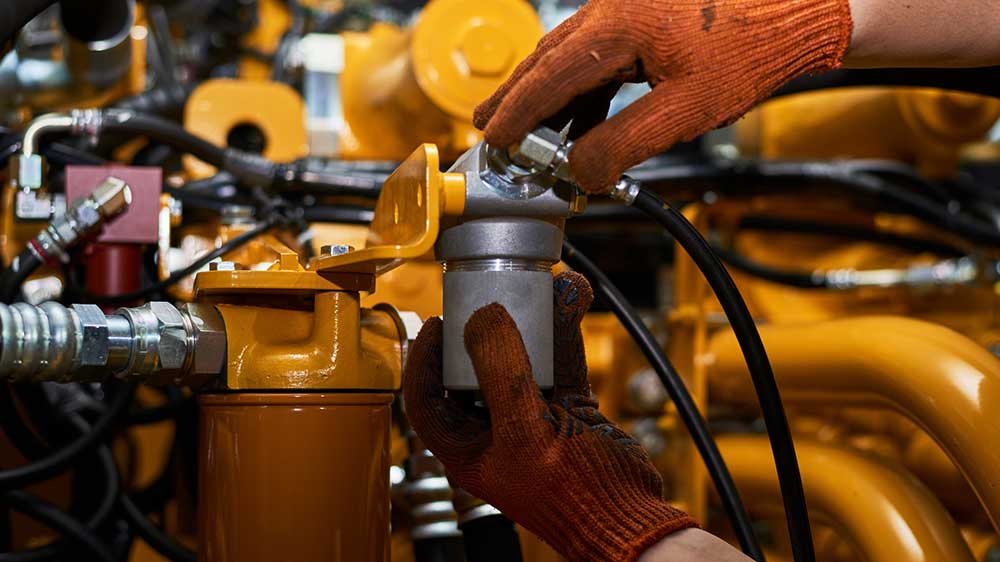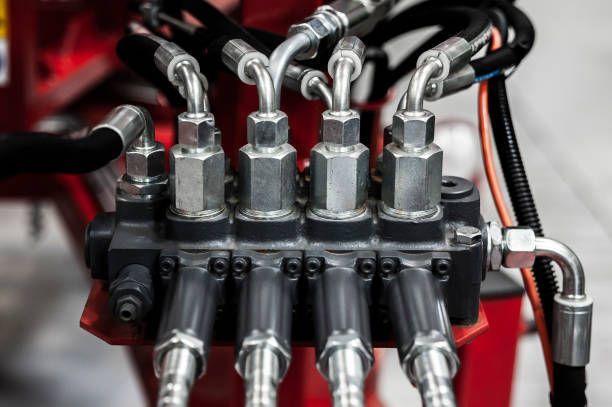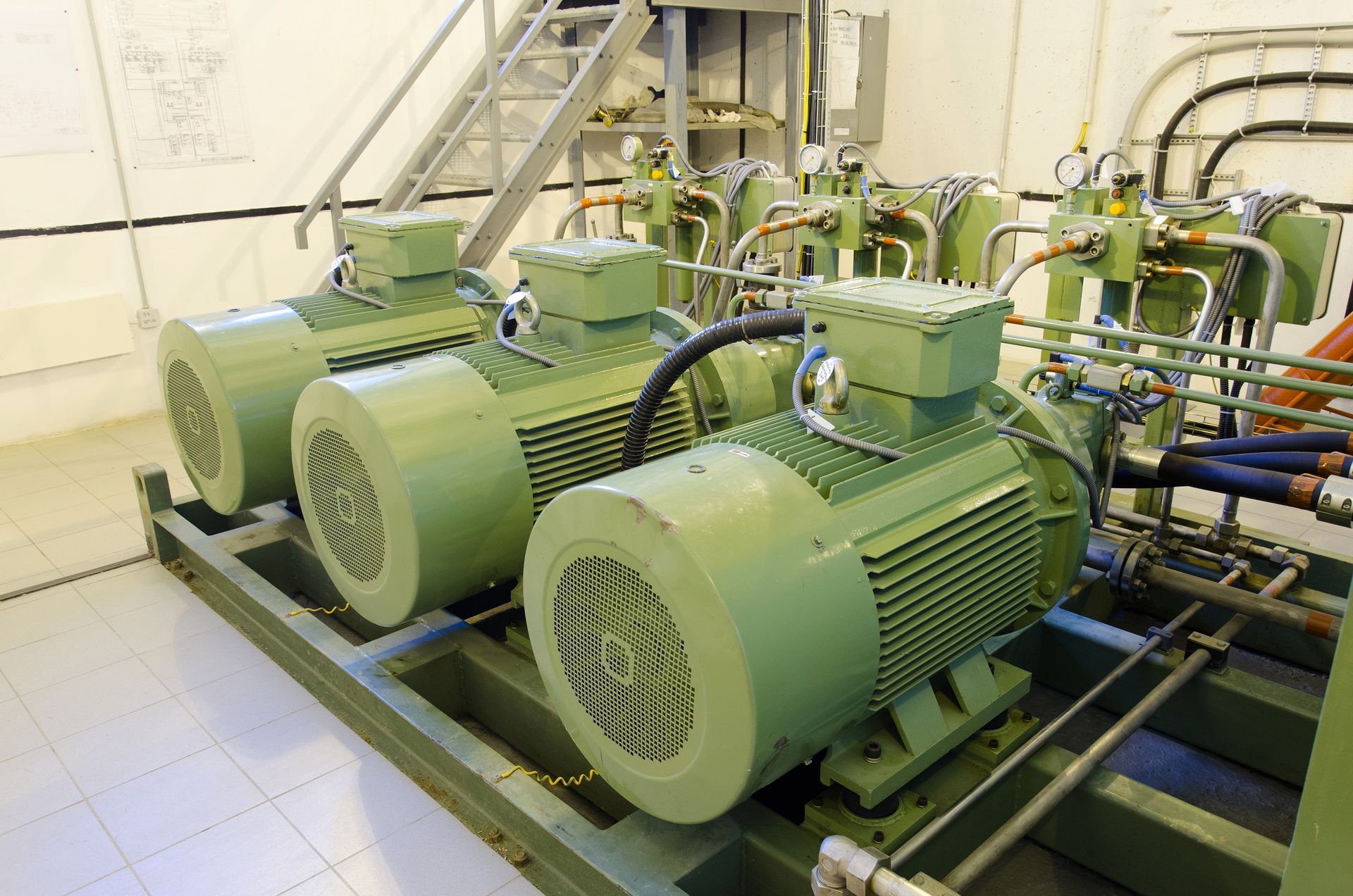Something Wrong With Your Hydraulic Pump System? A Troubleshooting Guide

The pump is a crucial component in a hydraulic system but also the most vulnerable to wear. When the pump fails, your hydraulic system usually suffers a loss of power and speed, unusual noises, elevated temperatures, and erratic performance. When a pump wears, you have a great risk of contamination of the system through debris.
Pump replacement is expensive, so for this reason, you should maintain it to keep it in optimal shape. Discover some common pump problems and the techniques pump professionals use to troubleshoot them.
1. Air Leaks
Air leaks cause multiple problems such as slow hydraulic response and loss of control for the system. A professional pump contractor first checks the suction side of the system for any leaks. Other areas where an air leak can occur include the pipe fittings, joints in the pump inlet line, rod seal, unions, and pump seals.
The pump expert uses an ultrasonic gun and other sophisticated equipment for the inspection. The professional will also check the oil reserve levels and any problems with the design of the return line. If they identify a problem, the technician takes corrective measures to eliminate air leaks and ensure your hydraulic system works optimally.
2. Cavitation
Cavitation is the rapid creation and collapse of air bubbles in a fluid, which affects the performance of your hydraulic pump and its lifespan. The problem occurs when liquid in your hydraulic pump turns to a vapor at low pressure.
As the pump liquid continues to flow, the bubbles implode and cause a shock wave. The force hits the impeller and causes vibration in the pump. Such vibrations can cause mechanical damage and make the pump be at risk of failure.
Some problem areas the pump professional inspects during cavitation troubleshooting include:
- Overall condition of the pump suction strainer
- Clogged pump inlet system
- Blocked air breather
- High oil viscosity
- Wrongly sized suction strainer
- Poor quality oil
- Pump speed
The pump technician checks each of these items and recommends the best solution. An oil change to a higher quality product can reduce sludge and varnish formation. To tackle pump cavitation, the technician can increase the size of the strainer, clean any clogged plumbing, or replace worn-out parts.
3. Pump Contamination
Pump contamination can originate from different sources. Some debris and chips left behind in the pump's production can contaminate the system but with no internal damage. New oil can also introduce contaminants into the system and can score internal components and damage the system.
A poor quality breather is another source of pump contamination. The breather lets in contaminants such as dirt, soot. and ash into the system. Water or moisture is another cause of contamination in the pump system, and it affects oil viscosity. Water contamination corrodes the pump body and other crucial components.
The pump technician checks the maintenance record of your pump system and drains the liquids after the inspection. The pump inspection also involves detecting possible water leaks and using sealants to eliminate the contamination.
4. Poor Delivery or Flow
If your pump suffers from low, slow, or no liquid flow, the symptoms affect the efficiency of the entire system. A pump contractor checks at multiple areas such as the level of oil in the reservoir, condition of the shaft and vanes, or oil viscosity.
Poor pump delivery can arise because of clogged intake, shaft direction problems, low oil level, broken couplings or shaft, and slow pump speed. Every hydraulic system is unique, and the pump professional recommends tailored corrective measures based on the assessment of the system.
The hydraulic pump is a versatile component and a reliable source of power for multiple applications. However, this hard-working part is also vulnerable to damage and can affect the performance of the hydraulic system. Professional maintenance helps prevents pump failure through early corrective measures.
For all your hydraulic system needs in Ohio, Quad Fluid Dynamics Inc. is the hydraulic expert to talk to. For over 50 years, we have continued to deliver exceptional hydraulic solutions to clients in the Buckeye State.
Contact us
today for revolutionary hydraulic services to suit your needs.


